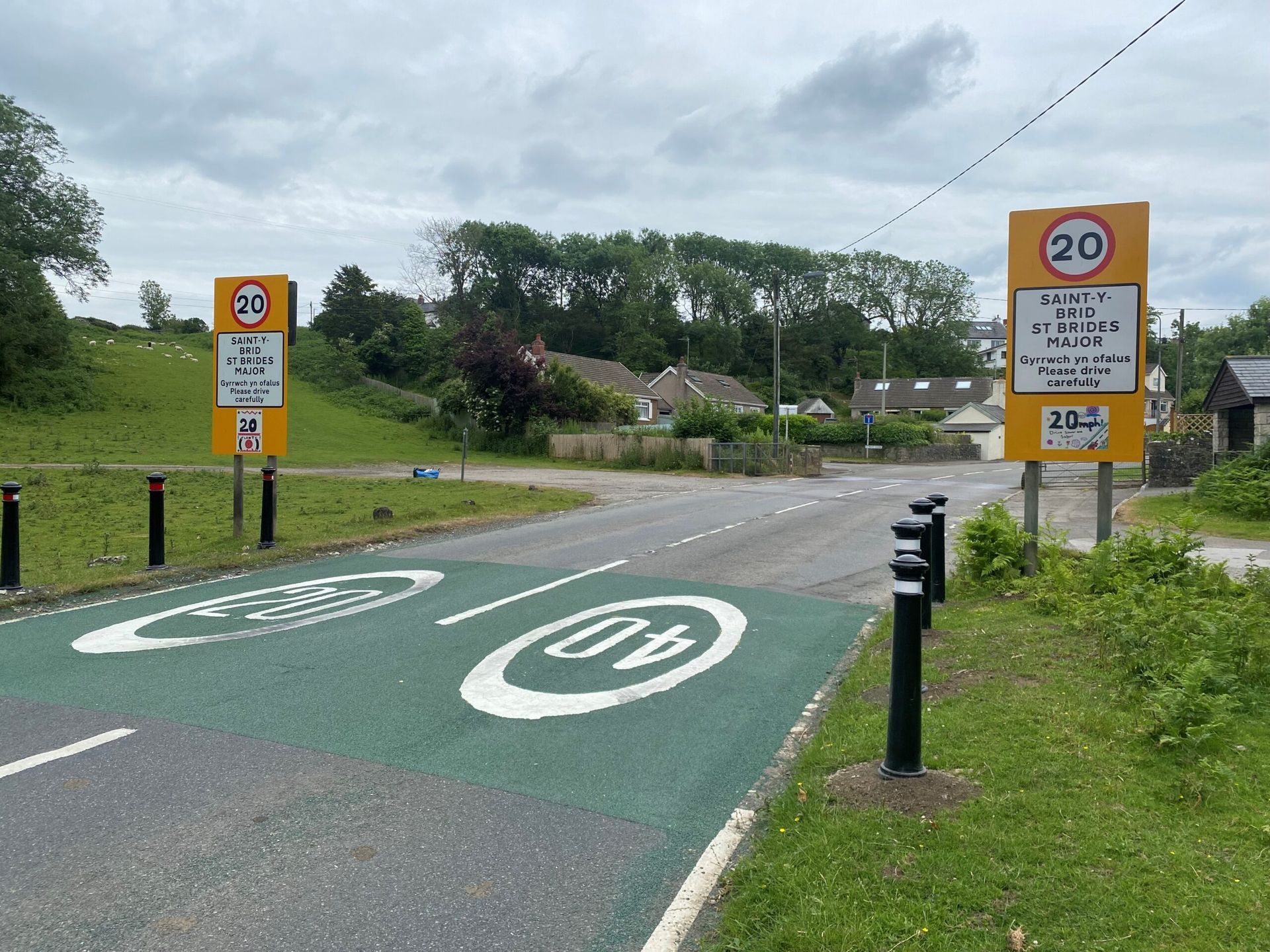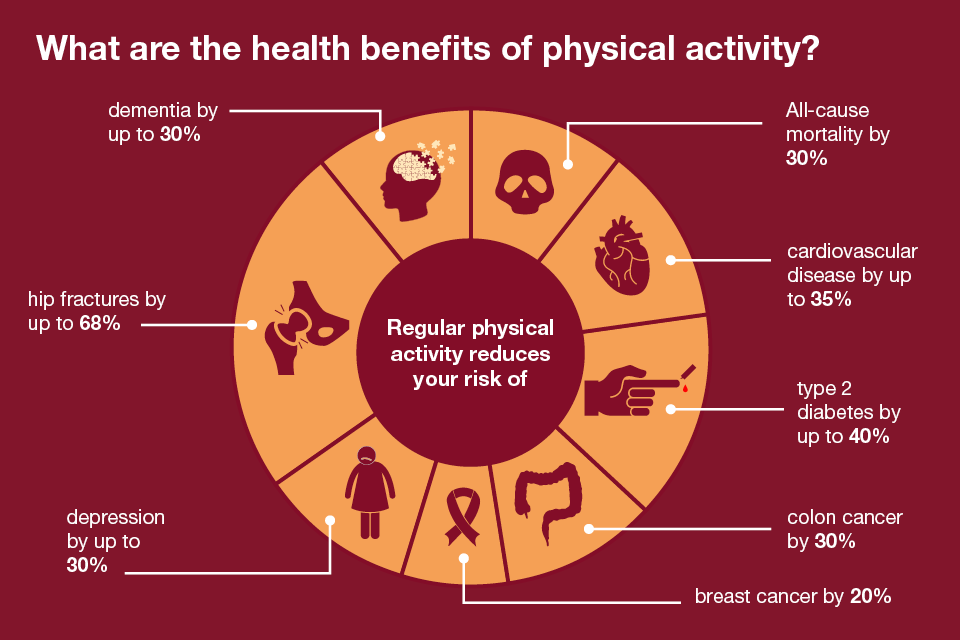A people-centred approach to England’s sustainable transport future
As a consultancy dedicated to promoting sustainable travel, In the Round recognises the critical importance of transforming how people choose to travel, not only for personal benefit but also for societal well-being and the health of our planet. England’s Integrated National Transport Strategy (INTS) – Call for Ideas presents a great opportunity to contribute ideas that can inspire lasting behavioural change in travel choices across the country. The INTS aims to create a unified, user-centric transport network by improving connectivity across different modes of travel, enhancing local infrastructure, and ensuring long-term sustainability. This call for ideas, open 30 January 2025, encourages individuals, communities, and organisations to share insights and innovative approaches that can help shape the future of transport in England. We set out our ideas below:
National travel behaviour change marketing communications campaign
Our initial observation is that language around the INTS is very much about networks and not people. There is an opportunity to help influence travel behaviours of individuals (and organisations) so that the networks that are available are used in an optimal manner. The lack of a person centric approach from the outset is interesting.
We would like to see a Department for Transport defined, designed, funded and delivered strategic behaviour change marketing campaign for the nation front and centre of the ambitious goals within the INTS.
The campaign should champion a pro-choice approach, encouraging individuals to make informed travel decisions that best suit their needs while considering personal health, environmental impact, and broader societal goals. Central to this initiative would be an evidence-based approach founded on behavioural science, specifically using the COM-B model of behaviour change. This approach will enable the development of tailored strategies for different audience segments and localised campaigns, ensuring relevance and effectiveness across diverse communities. But a national campaign must lead the way.
Key objectives:
- National framework with local flexibility: Establish a cohesive national framework that supports local authorities in developing bespoke campaigns tailored to regional needs. This approach ensures consistency while promoting innovation at the local level.
- Learning from success: The Welsh Government’s 20mph scheme serves as a prime example of how national policies can drive local behavioural change. Similarly, sustained high-profile campaigns, such as those for seatbelt usage, drink-driving prevention, and smoking cessation, have demonstrated the potential for meaningful shifts in public attitudes.
- Cross-sector integration: Recognising the interconnected nature of sustainable travel with other sectors is crucial. For example, initiatives aimed at reducing the environmental impact of online shopping and courier deliveries could be integrated into the broader strategy, amplifying the campaign’s impact.
Photo source: Glamorgan Star

Funding for behaviour change campaigns.
For this vision to succeed, a fundamental shift in funding allocation for behaviour change initiatives is necessary. We recommend:
1. Dedicated funding stream: Establish a ring-fenced funding stream for local behaviour change marketing campaigns within the national framework. This would empower local authorities and communities to deliver initiatives that align with national objectives.
2. Mandatory allocation of project budgets: Require transport infrastructure projects, whether capital or revenue-based, to allocate at least 20% of their budgets to behavioural change measures. This includes large-scale highway and rail maintenance projects, where temporary disruptions can be leveraged to promote new travel behaviours.
3. Collaboration with commercial operators: Engage commercial operators of public transport and micromobility services to ensure their marketing efforts are aligned with national behaviour change strategies. Collaborative campaigns with these operators can foster a unified approach, driving long-term changes in travel behaviour.
Picture source: Transport for London

The role of data and technology
Technology and data will be pivotal in driving behavioural change on a national scale. We propose the following key initiatives:
National Mobility as a Service (MaaS) platform
· Develop a national MaaS application that integrates all modes of transport, enabling users to plan, book, and pay for their journeys on a single platform. This would simplify the travel experience and make sustainable choices more accessible, covering options such as public transport, micromobility, car-sharing, and even parking. The fragmented nature of existing travel apps should be addressed through collaboration and integration.
· A successful example on a smaller scale is the Solent Breeze App, which integrates ticketing across multiple providers in the South Coast region, while incorporating behavioural insights to encourage smarter travel choices. Expanding such initiatives nationally can accelerate the adoption of MaaS and drive further behavioural shifts.
· In this context, an alternative option could be government collaboration with technology giants like Google could ensure that digital solutions serve public interests rather than merely private shareholders. This engagement would help scale up innovative transport solutions and ensure widespread adoption.
Photo source: Solent Transport

Real-time data sharing framework
To complement these efforts, a national framework for smart technology adoption and real-time transport data sharing is essential. By enabling transport providers and local authorities to access real-time data, better insights into travel patterns can be obtained. Data-driven decisions will enhance user experience and promote sustainable travel behaviours. Moreover, data can be utilised to measure the effectiveness of behaviour change campaigns, allowing for continuous improvement and ensuring that they resonate with individuals and make the right choices easier and more accessible.
By combining evidence-based behavioural strategies, innovative funding models, and advanced technology, we believe the goals of the INTS can be achieved. This approach will drive meaningful changes in travel behaviours across England, creating a more sustainable, healthy, and equitable transport system. At In the Round, we are committed to supporting the INTS vision and working alongside policymakers, transport operators, and local communities to build a more sustainable, healthy, and equitable transport system for everyone. If you haven’t yet shared your thoughts, we strongly encourage you to take part, as this is a unique opportunity to influence future transport policy and ensure sustainable travel remains a key priority for generations to come. If you would like to talk more about our ideas and views, please send us an email at hello@intheround.global.
















